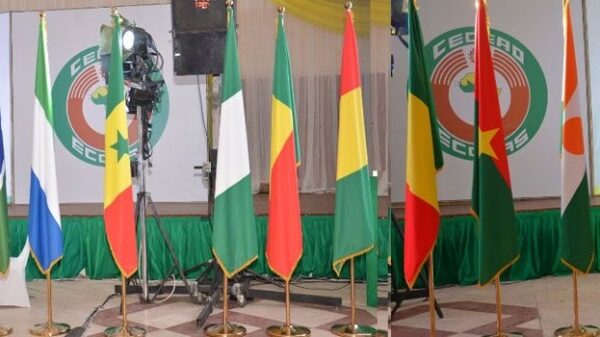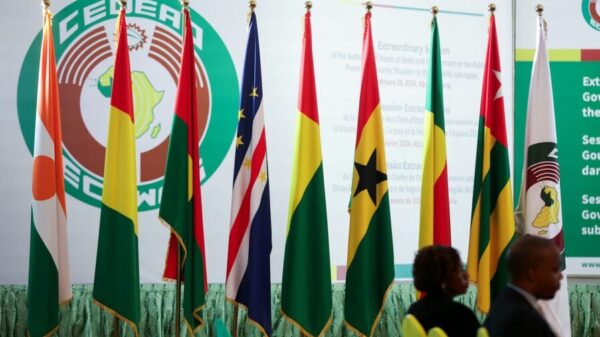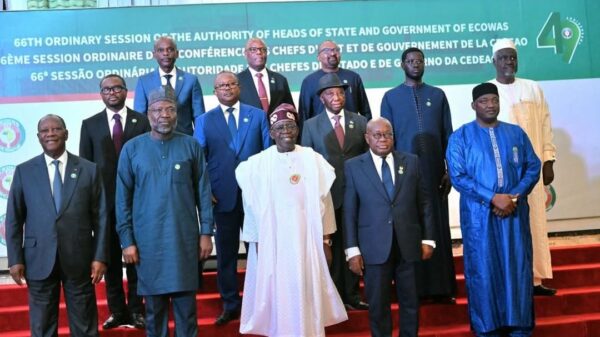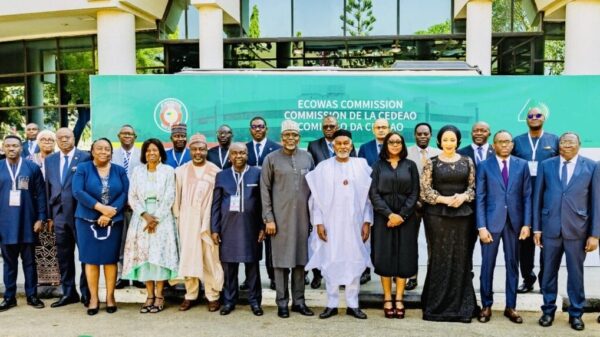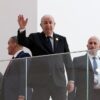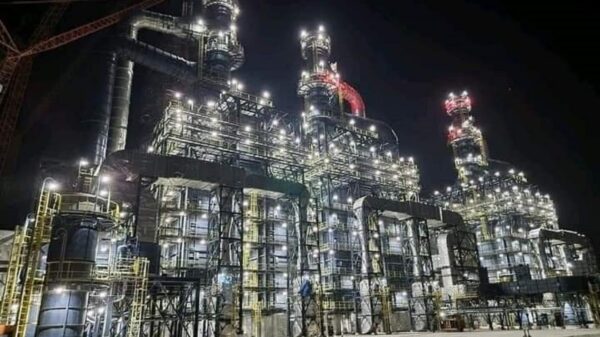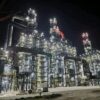The current policy thrust of Nigeria has set the stage to attain the status of a one trillion dollar economy in the next eight years.
Popular Think Tank, the Independent Media and Policy Initiative (IMPI), did a comprehensive analysis on the policy and came out with a conclusion which credited Nigeria with hope.
The Chairman of IMPI, Mr Niyi Akinsiju, articulated that the decision of the Nigerian government to partner with players in private sector would make the $1 trillion economy a reality.
In a statement on released on Monday in Abuja, Mr Akinsiju said: “It is at this intersection of public and private spending and gross capital formation that we situate the declaration by the President Bola Ahmed Tinubu’s administration that it aspires to a possible one trillion dollar economic size for the country over the next eight years.’’
“Given the nation’s constricted economic space and the corruption and bureaucracy that had traditionally and historically constrained the ease of doing business, this declaration may be dismissed as political sloganeering and a fortuitous use of economic phrase to ingratiate the government in the public minds.
“But, our readings of the policy deployment environment since that declaration was made will confirm the plausibility of the declaration.
“Our thinking is premised on two principal policies showing the seriousness and commitment of the Federal Government to engineer a hundred per cent-point expansion of the Nigerian economy. This we hope will effectively enhance per capita GDP in alignment with global requirements and actual higher standard of living impact on the average Nigerian.
“The Renewed Hope Infrastructure Development Fund (RHIDF), the Presidential Economic Coordination Council, and the embedded Economic Management Team, and the Emergency Taskforce are the policy initiatives which we believe will change the tide of economic narratives of the country.
“Our aggregated view of these policies is that they constitute both the framework and fulcrum of the Tinubu’s presidency’s vision for a trillion dollar economic size,” the group said.
As a background, IMPI cited incessant underfunding of capital projects in annual budgets over the years and concluded that Renewed Hope Infrastructure Development Fund will go a long way to redress the situation.
It said: “The RHIDF, in our consideration, is the outcome of critical thinking, especially from a leadership that understands the place of infrastructure renewal and enhancement in enabling and driving economic growth.
“It compares to the United States of America’s $1.2 trillion Bipartisan Infrastructure Law (BIL) signed into law by President Joe Biden two years ago. Like the BIL, the underlying intendment of the RHIDF is to invest in infrastructure that can strengthen long-term productive capacity while creating opportunities for people in disadvantaged communities.
“As Janet Yellen, USA’s Secretary of the Treasury, observes, the combined focus on growth and broadly spreading economic opportunity is the foundation of modern supply-side economics.
“Two years down the line, the BIL is acclaimed to have been largely successful in accomplishing its stated objectives on account of the availability of reliable funding sources.
“But will the RHIDF effectively get off the ground, especially in the face of other such infrastructure funding entities of the past that could not deliver on stated objective because of funding and bureaucratic constraints?
“We think there is a practicability inherent in the conceptualization of the RHIDF so much that we believe that if the RHIDF represents the audacious vision coupled with the many funding and financing channels it itemises, the Presidential Economic Coordination Council (PECC) is the equivalent of the scaffolding for its realization.”
The policy think tank also provided some insights into the role the newly established,31-member Presidential Economic Coordination Council may play.
“We agree that there had been entities such as the PECC in the past but the President must have determinedly corrected the shortfall of the membership composition of similar entities of the past by including State Governors as well as all service and spending MDAs.
“The membership is also inclusive of the Governor of the Central Bank of Nigeria. Its expansive nature enhances its structures to be beyond being an advisory body as obtained in the past to a quasi-decision making entity.
“The PECC is comparable to the Economic Coordination Committee of Pakistan which is both a federal institution and a consultative forum with responsibility to finalise executive economic decisions and to assist the Prime Minister and his key staff on issues involving economic security and geo-economic policies.
“We notice that the inclusion of members of the organized private sector in the PECC is conditioned on a one-year tenure. This allows inflow and outflow of credible private sector stakeholders in the committee.
Operationally, the Economic Management Team (EMT) is attached to the PECC as its working group, this effectively, makes the PECC the direct report of the EMT such that it is monitored by and accountable to the PECC,” it added.






